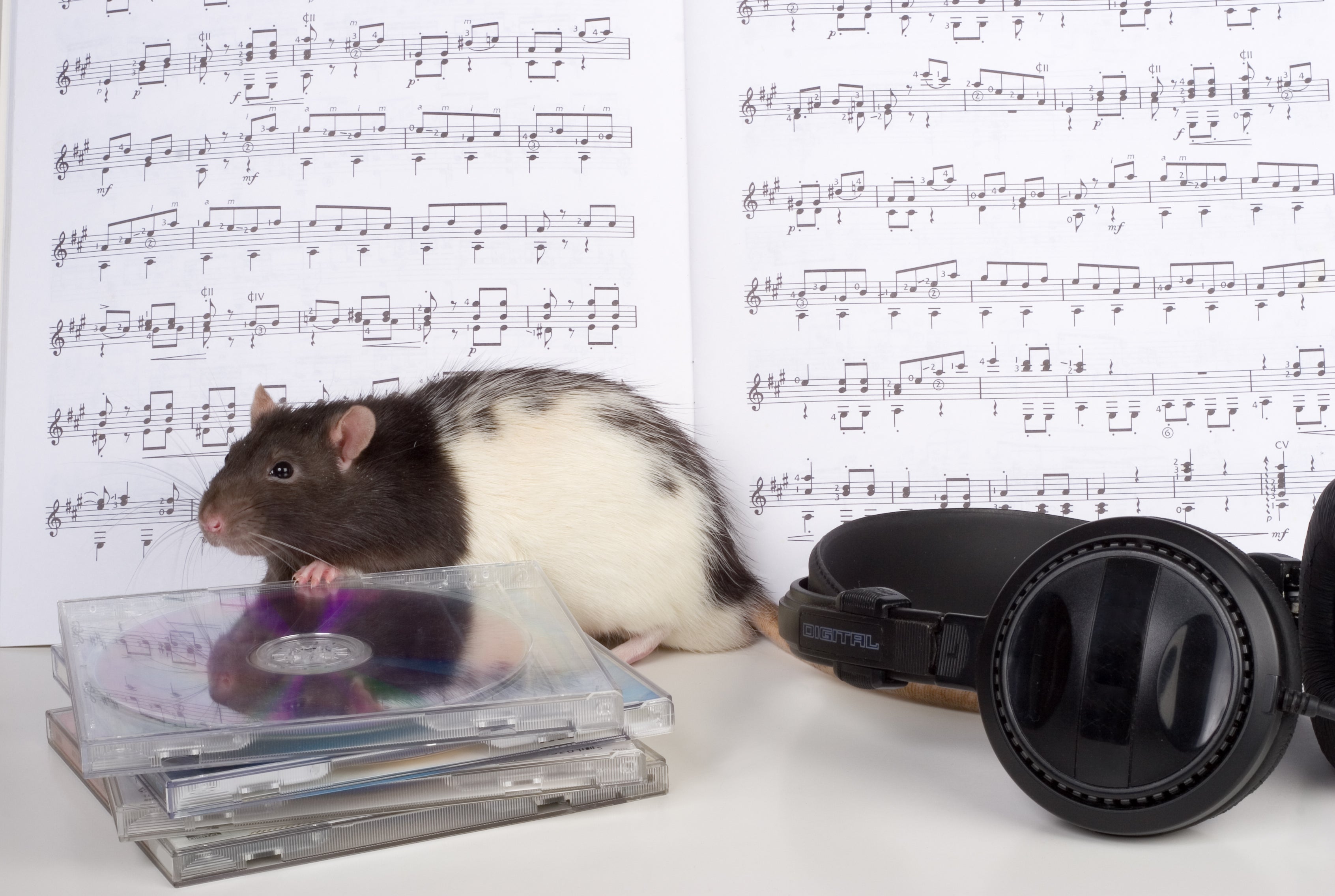Rats have an innate sense of rhythm and can bop in time to Mozart, scientists find
Rats were played Mozart’s Sonata for Two Pianos in D Major at four different tempos

Rats instinctively move in time to music and can dance in time to Mozart, scientists have found.
Bopping along in time to beats was previously thought to be a uniquely human ability but Japanese scientists have now found that rats love a boogie as much as the next person.
Rats were played a Mozart piano sonata at four different tempos during an experiment. Researchers at the University of Tokyo fitted the rats with equipment that could detect even the slighest head movements.
They found that rats managed to move their heads in time with the music.
“Rats displayed innate - that is, without any training or prior exposure to music - beat synchronisation,” Dr Hirokazu Takahashi of the University of Tokyo told The Guardian.
“Music exerts a strong appeal to the brain and has profound effects on emotion and cognition.”
Rats were also played Lady Gaga’s Born This Way, Another One Bites the Dust by Queen, Beat It by Michael Jackson and Sugar by Maroon 5. But scientists did not make concusions about the animals reaction to the pop music.
10 rats were involved in the experiment and they were all played one-minute excerpts from Mozart’s Sonata for Two Pianos in D Major. These were played at 75 per cent, 100 per cent, 200 per cent and 400 per cent of the original speed.
Twenty humans also took part in the study. Scientists found that both rats and humans bopped most convincingly in time with the music when it was in the 120-140 beats per minute range.
Dr Takahashi concluded: “Our results suggest that the optimal temp for beat synchronisation depends on the time constant in the brain.”
Join our commenting forum
Join thought-provoking conversations, follow other Independent readers and see their replies
Comments


Bookmark popover
Removed from bookmarks